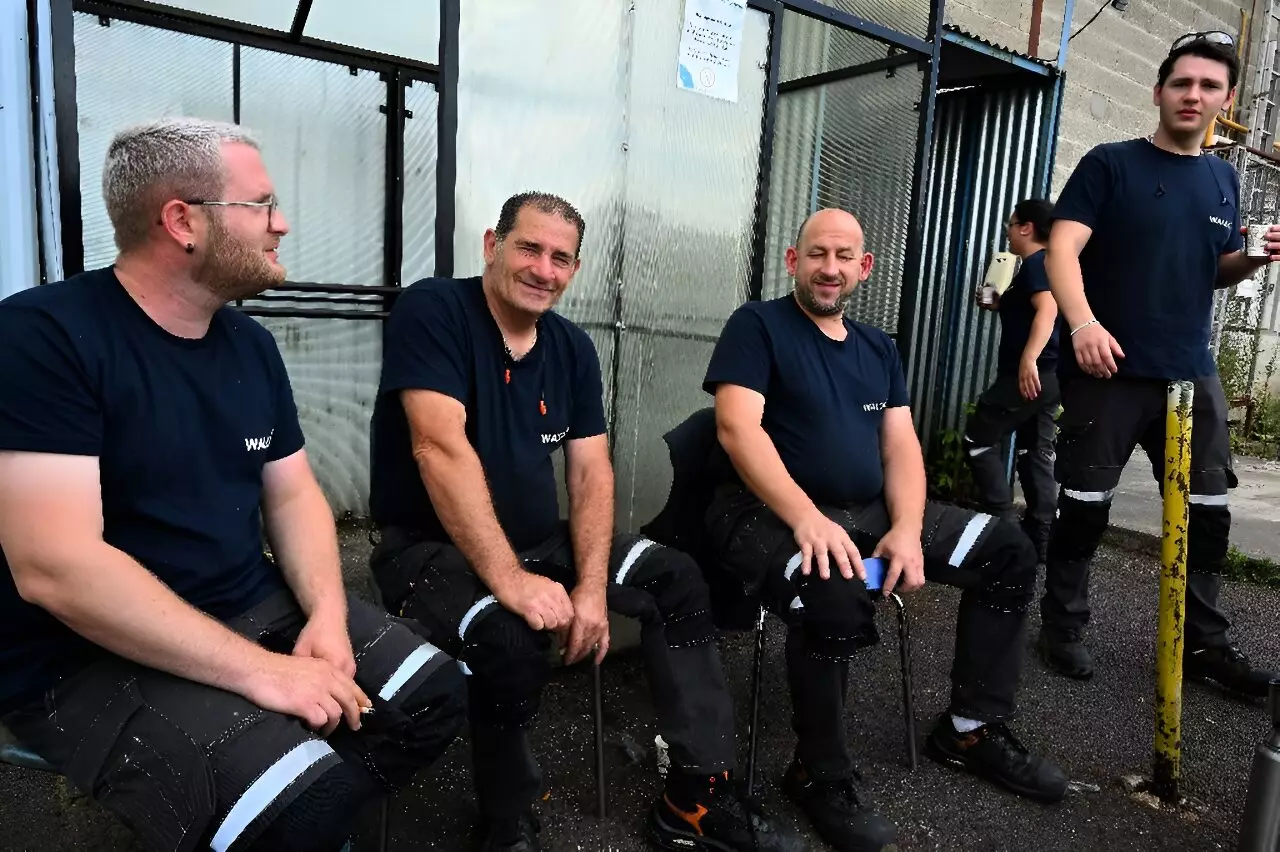As France gears up to phase out new combustion engine cars by 2035, the auto industry is facing a major shakeup. While there is optimism in regions like the north, where a “Battery Valley” is emerging, workers in other parts of the country are feeling the heat. This divide within the industry reflects the broader challenges and uncertainties that lie ahead.
With the looming deadline for phasing out traditional engines, workers in the auto industry are understandably worried about their future. The shift to electric vehicles is forcing companies to reevaluate their production processes and products. The story of Walor, a company in the northeastern Ardennes region, serves as a cautionary tale. Despite being acquired in 2018, the company failed to make the necessary investments to adapt to the changing landscape. As a result, workers like Severine Person are facing an uncertain future as demand for certain parts dwindles.
Regional Disparities
The north of France presents a starkly different picture, with the emergence of battery “gigafactories” offering new opportunities. Companies like the Automotive Cells Company (ACC) are investing in massive battery plants, creating jobs and retraining employees. The decision to repurpose a factory that once made engines for electric vehicle production highlights a proactive approach to the transition. This forward-thinking mentality is crucial in ensuring a smoother shift towards electric vehicles.
While the move towards electric vehicles is expected to create new jobs in the manufacturing sector, concerns about job losses persist. According to industry reports, the transition to EVs could put thousands of jobs at risk by 2030. Economists like Bernard Jullien warn of potential job losses in the auto parts sector as companies adjust to the new reality. The overall impact on employment in the French auto industry remains uncertain, with some predicting a significant reduction in workforce numbers.
One of the key concerns raised by industry experts is the possibility of offshoring production in response to the shift to electric vehicles. The fear that manufacturers may relocate production facilities to cut costs is a pressing issue for workers and unions. The example of Stellantis producing electric vehicles in Slovakia instead of France raises questions about the industry’s commitment to domestic production. The potential for offshoring poses a significant threat to employment levels in the French auto sector.
The future of the French auto industry hangs in the balance as it grapples with the transition to electric vehicles. While there are opportunities for innovation and job creation in the emerging electric vehicle market, there are also risks of job losses and offshoring. The industry must navigate these challenges carefully to ensure a smooth and sustainable transition. Workers, companies, and policymakers all have a role to play in shaping the future of the auto industry in France. Only time will tell how successful the industry will be in adapting to the changing landscape of mobility.


Leave a Reply